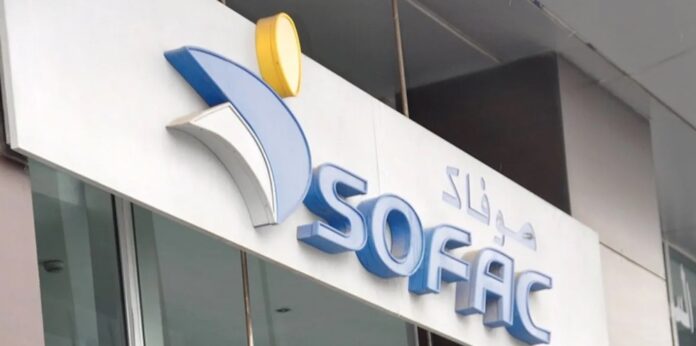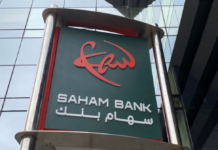The “FT Auto Mobility” Collective Investment Fund in Securitization has received approval for the information document related to its first subsequent issuance, as announced by the Moroccan Capital Market Authority (AMMC) on Tuesday. This issuance involves the securitization of debts arising from motor vehicle lease contracts with purchase options and loan agreements for the purchase of motor vehicles, entered into between Sofac and clients of Auto Hall or its subsidiaries, as detailed by the AMMC on its website.
- Total amount: The issuance has a total cap of 439.37 million dirhams (MDH).
- Investor eligibility: Subscription to the fund’s bonds is limited to qualified investors under Moroccan law.
- Subscription period: The subscription window is open from July 17 to July 19 (inclusive).
Securitization is a financial process where various types of debt, such as auto loans or lease agreements, are pooled together and sold as bonds to investors. This allows the originating companies, in this case, Sofac and Auto Hall, to convert their future cash flows from these loans and leases into immediate capital.
Qualified investors looking to subscribe to the “FT Auto Mobility” fund should consider the following:
- Risk assessment: Evaluate the risk associated with the underlying assets, which are motor vehicle loans and leases.
- Market conditions: Consider the current market conditions and economic environment, which can impact the performance of the securitized assets.
- Investment strategy: Align the subscription with their broader investment strategy and risk tolerance.
This move represents a significant step in the Moroccan financial market, showcasing the development of more sophisticated financial instruments and the growing confidence in asset-backed securities. For Sofac and Auto Hall, this securitization allows them to enhance liquidity and manage their balance sheets more efficiently.
As Morocco continues to develop its capital markets, the success of initiatives like the “FT Auto Mobility” fund can pave the way for further innovations in financial products, providing more opportunities for both issuers and investors. The ability to attract qualified investors to such instruments also reflects positively on the regulatory framework and the overall investment climate in the country.





